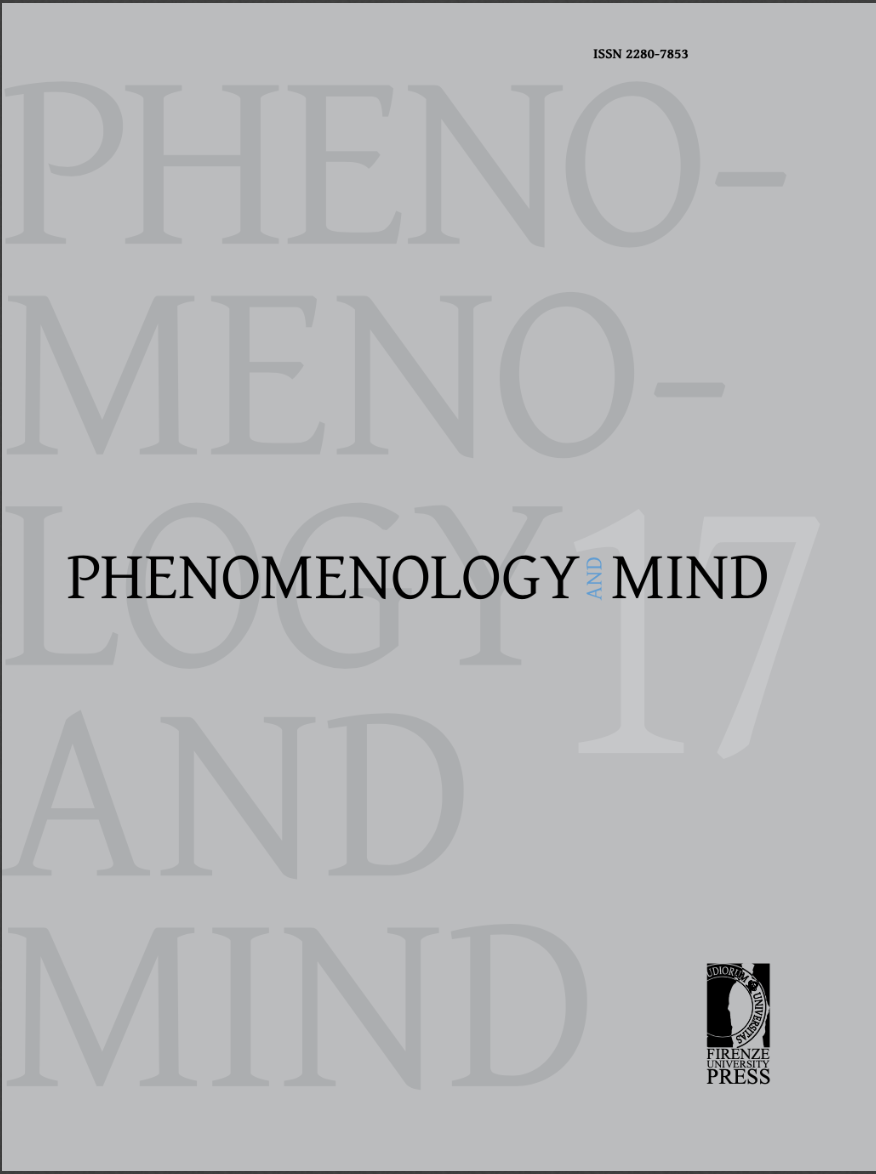Published 2016-04-07
Keywords
- manipulation,
- epistemic authority
How to Cite
Abstract
Part of our social reality results from explicitly acknowledging sharing certain ideas, emotions, and value-commitments. Hence it has been addressed as manifestation of joint commitments, shared intentions, we-reasoning or collective intentionality. Yet relevant parts of our social reality come into existence in a different way. There are various forms of intentionally opaque social agency that are founded upon implicit agreements, thereby conveying uncertainty and blurred roles of acting. Their overall character may, for instance, result from an in-built epistemic asymmetry that tends to blur the distinction between voluntary and non-voluntary modes of acting. Arguably, manipulation is a case in point. My main concern in analyzing manipulative actions is to figure out how the ideas of reason and (epistemic) authority are connected with the social constitution and self-understanding of the agents involved.

